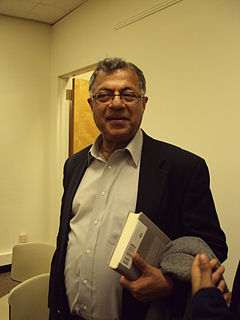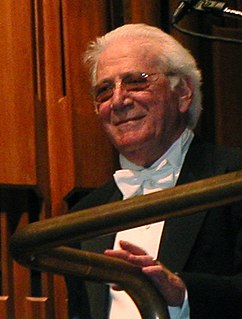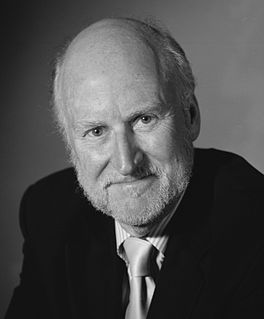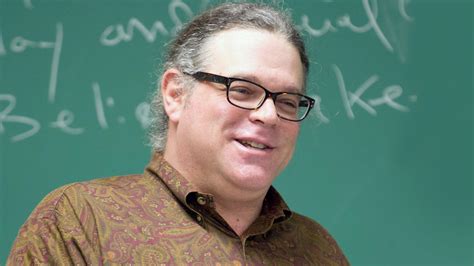A Quote by Romola Garai
I think it took a long time for me to realise that as much as I respect reviews and do engage with reviewers as a viewer of the theatre, television and film it's really unhelpful. Even if people make perceptive and interesting comments about your performance, it is so subjective and you will come in and change what you do, you can't help it.
Related Quotes
As my passion is theatre when I do a film I'm taking time out from my theatre career. So, I'm desperate to get back into the theatre. So, I have to make sure that I put my foot down, especially with the agents and stuff, and say: "Hey no, I'm doing some theatre!" It is hard but it matters so much to me that it's just something that's going to be necessary and people will have to deal with it.
The world has never before had as much drama as today. Radio, films, television and video inundate us with drama. But while these forms can engage or even enrage the audience, in none of them can the viewer’s response alter the artistic event itselfThat is why theatre is signing its own death warrant when it tries to play too safe. On the other hand, that is also the reason why, although its future often seems bleak, theatre will continue to live and to provoke.
You read reviews by top reviewers of films that not only had remarkably interesting scores, but films whose effectiveness was absolutely enhanced, and frequently created by the music, yet the reviewers seem unaware that their emotions and their nervous reactions to the films have been affected by the scoring. This is a serious flaw. Any film reviewer owes it to himself, and the public, to take every element of the film into account.
It makes sense that it's so different from film and television, because it's so in-depth. As actors, when we're in film or television, we can have transcendent moments and we get to work with really creative and incredible people, but it's such a small percentage of your time that's about your process.
To move from a discussion of the early relationship between theatre and television to an examination of the current situation of live performance is to confront the irony that whereas television initially sought to replicate and, implicitly, to replace live theatre, live performance itself has developed since that time toward the replication of the discourse of mediatization.
To me, the most interesting approach to film noir is subjective. The genre is really all about not knowing what's going on around you, and that fear of the unknown. The only way to do that effectively is to really get into the maze, rather than look at the maze from above, so that's where I sort of come at it.




































